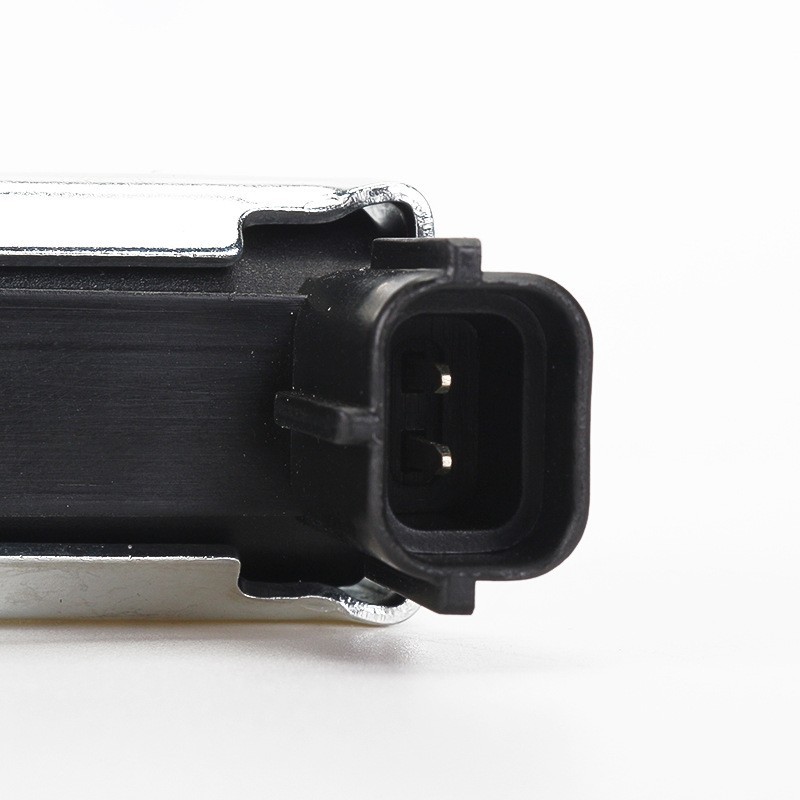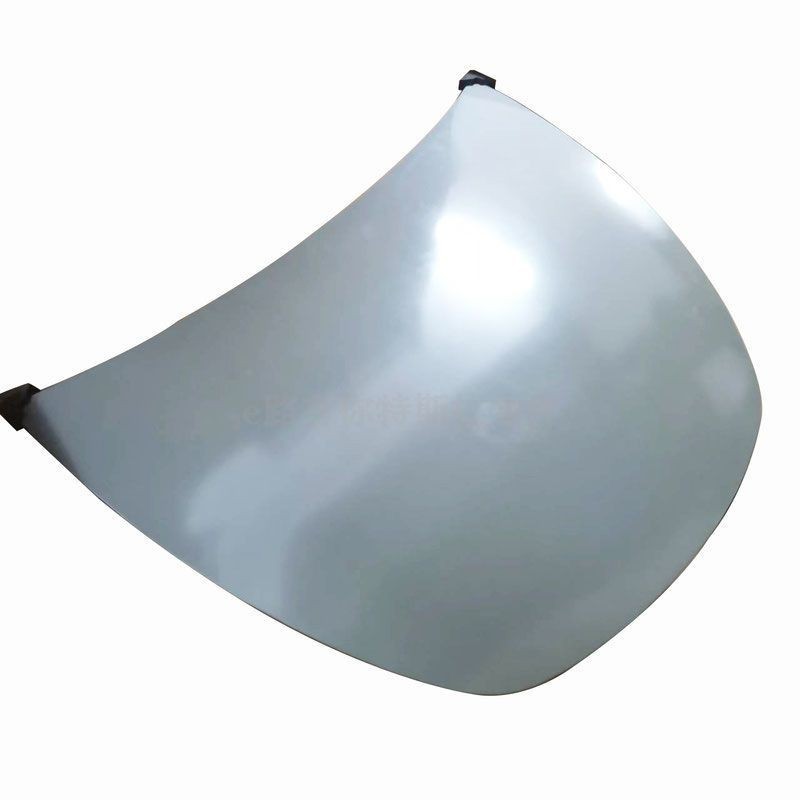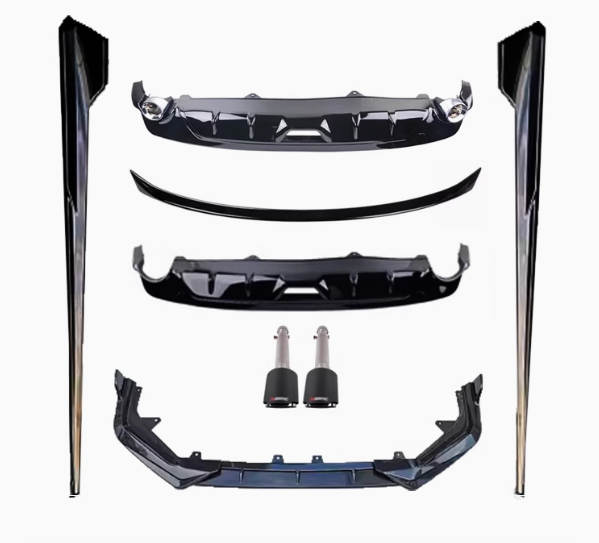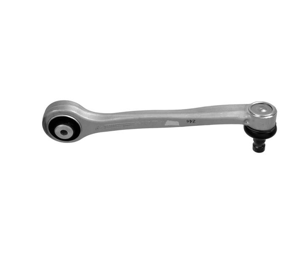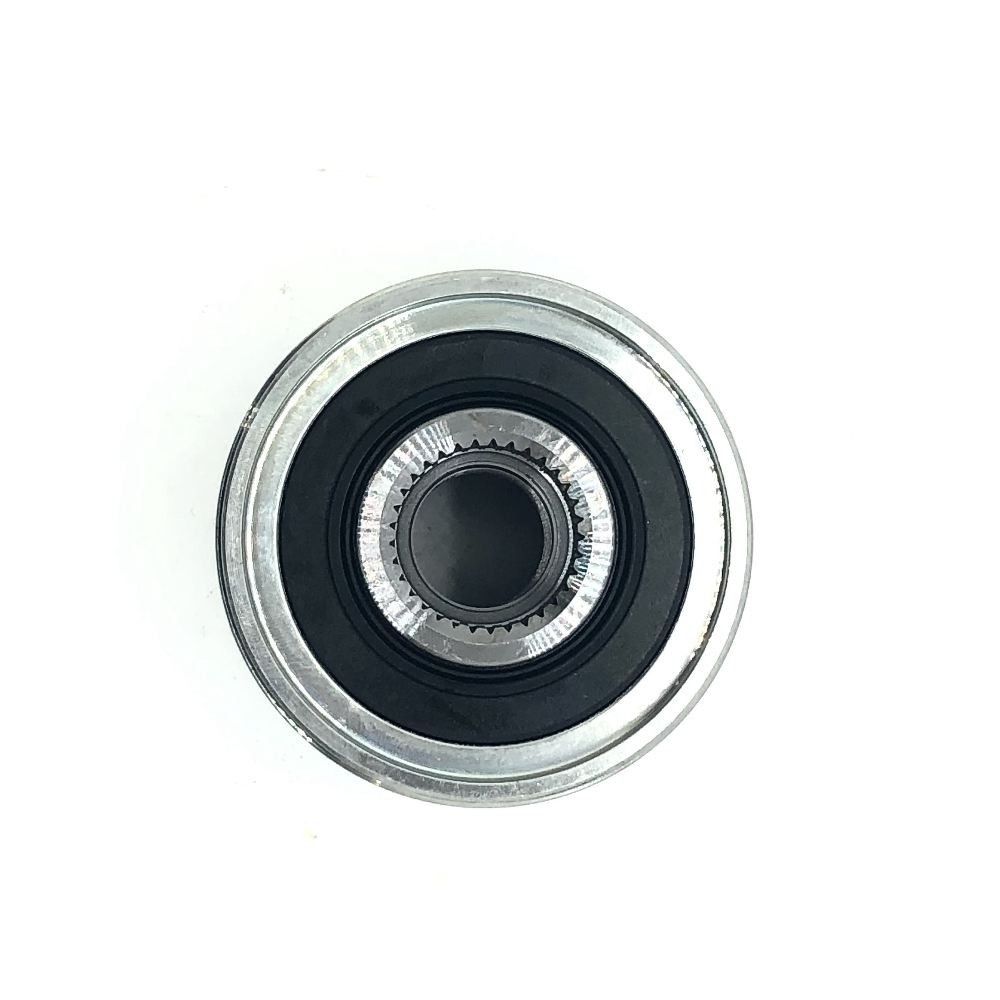Zhongqi Huizhong Auto Parts Co., LTD
Retailer
CN Supplier
8 YRS
Main Products:
Auto parts and accessories manufacturing; Production and sales of engine parts, automotive supplies and automotive lubricants,Car modification; Automotive technology development
Established:
2017-09-26
Company Size:
大型
Tianjin Xinqiangxin Auto Parts Co Ltd
Retailer
CN Supplier
12 YRS
Main Products:
Original equipment such as complete vehicle accessories, engineering machinery, generator sets, etc. for heavy trucks like Sinotruk, Shaanxi Automobile, FAW, Dongfeng, etc.
Established:
2013-01-01
Company Size:
10
Tianjin Hailei Auto Parts Co.,Ltd.
Manufacturer/Factory
CN Supplier
9 YRS
Main Products:
overrunning alternator pulley
alternator pulley bearing
Established:
2016-04-20
Company Size:
30 pepole
Qingdao XianXin AUTO PARTS CO.,LTD
Manufacturer/Factory
CN Supplier
1 YRS
Main Products:
FAW Jiefang Automotive Parts, Driver's Cabin, Transmission Shaft
Established:
-
Company Size:
-
TDD (QINGDAO ) CROSS-BORDER E-COMMERCE CO.,LTD.
Retailer
CN Supplier
2 YRS
Main Products:
Auto parts、Rubber tyre、Finished car
Established:
2023-01-01
Company Size:
10000
Yiwei New Energy Technology(Chengdu)Co.,Ltd
Retailer
CN Supplier
3 YRS
Main Products:
New Vehicle, Used Vehicle, Electric Vehicle, Gasoline Vehicle
Established:
2022-06-24
Company Size:
20-50人
Hebei Xinglin body Manufacturing Group Co., LTD
Manufacturer/Factory
CN Supplier
1 YRS
Main Products:
汽车模具、整车试制、车身冲压零部件
Established:
-
Company Size:
-
Suitable for Toyota thickened front lip shovel, rear lip side skirt car modification parts
Suitable for Audi A4 8K, Q5 8R universal brake disc modification parts
Suitable for Audi q2Lq5lq7q8RSq2rsq5rsq7rsq8 grille, rear lip front shovel appearance parts with large surround modification
Suitable for 16-23 Mercedes Benz e300l interior modification parts
Liaocheng world electrical appliance Co.,ltd
Manufacturer/Factory
CN Supplier
1 YRS
Main Products:
Bosch alternator
Established:
-
Company Size:
-
SHANDONG HENGBANG GLASS CO., LTD
Manufacturer/Factory
CN Supplier
1 YRS
Main Products:
Automotive glass
Established:
-
Company Size:
-
Shandong Xindingli Machinery Technology Co., Ltd
Manufacturer/Factory
CN Supplier
1 YRS
Main Products:
Automotive exhaust system, automotive three-way catalytic converter
Established:
-
Company Size:
-





